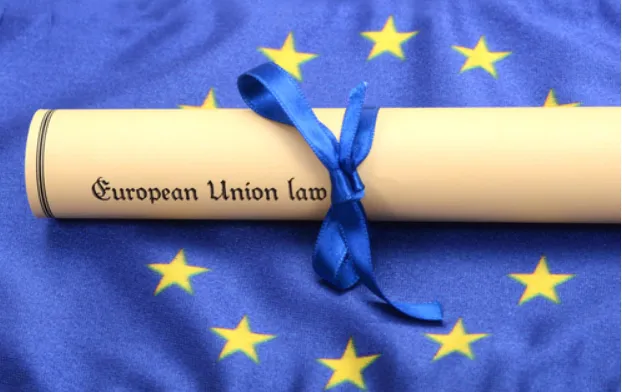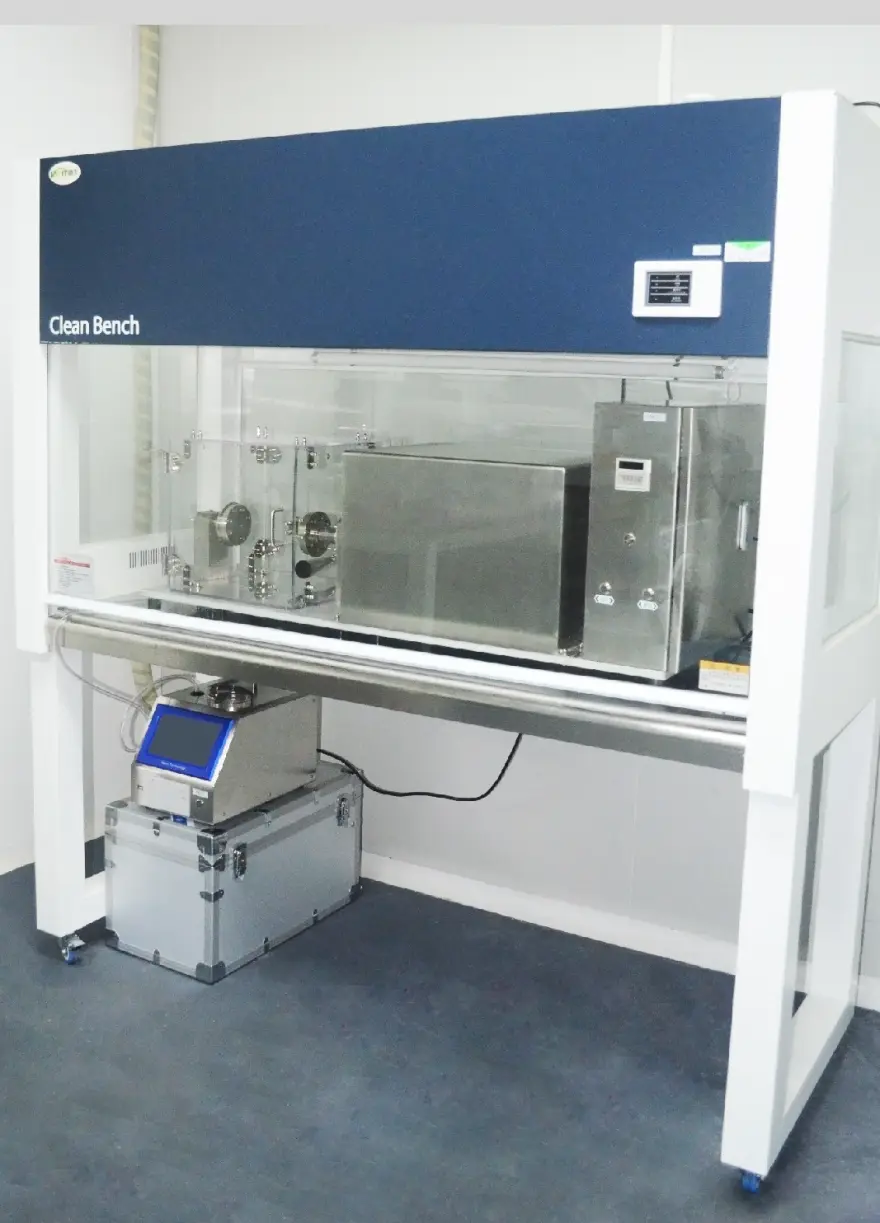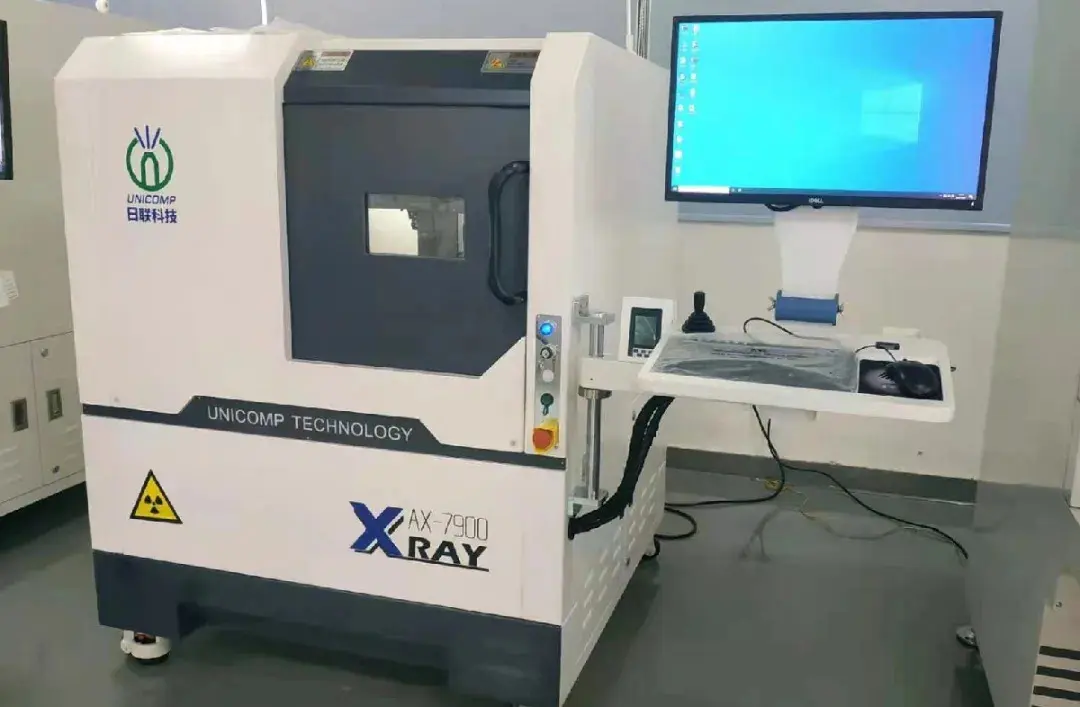
Mexico EU CE Certification Testing Laboratory
Exporting products from Mexico to the EU requires CE certification to comply with relevant directives and harmonized standards. For example:
- Electronic and electrical products must meet the Low Voltage Directive (2014/35/EU) and the Electromagnetic Compatibility Directive (2014/30/EU), following standards such as EN 60950-1 and EN 61000-6-3.
- Machinery must comply with the Machinery Directive (2006/42/EC), based on standards like EN ISO 12100 and EN 60204-1.
- Wireless devices need to adhere to the Radio Equipment Directive (2014/53/EU), conforming to standards such as EN 300 328.
- Medical devices must follow the Medical Device Regulation (EU 2017/745), referencing EN ISO 13485 and EN 60601-1.

Businesses must complete product testing, prepare technical documentation, sign a Declaration of Conformity (DoC), and affix the CE marking to ensure market access in the EU.
What is CE Certification?
The CE mark is a mandatory safety certification required by EU law. It is an abbreviation of the French term "Conformité Européenne." Products that meet the essential requirements of EU directives and undergo the appropriate conformity assessment procedures can bear the CE mark. The CE mark acts as a passport for products entering the European market and is specifically focused on product safety. It reflects a product's compliance with requirements for public safety, health, environment, and personal safety.
CE is a legally required marking in the EU market, and all products covered by the relevant directives must comply with these requirements. Non-compliant products found in the market may lead to manufacturers or distributors being ordered to withdraw them. Continued violations could result in restrictions, bans from the EU market, or mandatory recalls.
Why is the CE Mark Important?
The CE mark is crucial because it ensures products can enter the EU market, allowing free circulation across the 33 member countries of the European Economic Area (EEA). This provides direct access to a market of over 500 million consumers. Products requiring the CE mark but lacking it could result in fines or costly recalls for manufacturers or distributors. Compliance is therefore essential.
Scope of CE Certification
CE certification applies to all products sold within the EU, including machinery, electronics, electrical appliances, toys, medical devices, and more. The standards and requirements vary depending on the product type. For example:
3.1 Electrical and Electronic Products
Includes household appliances, lighting equipment, electronic instruments, cables, transformers, power supplies, safety switches, and automated control systems.
3.2 Toys and Children's Products
Includes children's toys, cribs, strollers, child safety seats, stationery, and dolls.
3.3 Machinery
Includes machine tools, lifting equipment, power tools, carts, excavators, tractors, agricultural machinery, and pressure equipment.
3.4 Personal Protective Equipment (PPE)
Includes helmets, gloves, safety shoes, goggles, respirators, protective clothing, and safety harnesses.
3.5 Medical Devices
Includes surgical instruments, in vitro diagnostic equipment, pacemakers, glasses, artificial organs, syringes, medical chairs, and beds.
3.6 Building Materials
Includes construction glass, doors and windows, fixed steel structures, elevators, electric roller shutters, fire doors, and insulation materials.
3.7 Environmental Products
Includes wastewater treatment equipment, garbage disposal equipment, trash bins, and solar panels.
3.8 Transportation Equipment
Includes cars, motorcycles, bicycles, airplanes, trains, and ships.
3.9 Gas Appliances
Includes gas water heaters, stoves, and fireplaces.
Regions Where the CE Mark is Applicable
The EU CE certification is valid in 33 economic zones, including 27 EU member states, 4 countries in the European Free Trade Association (EFTA), the UK, and Turkey. Products bearing the CE mark can circulate freely in the European Economic Area (EEA).
List of EU Member States:
Belgium, Bulgaria, Czech Republic, Denmark, Germany, Estonia, Ireland, Greece, Spain, France, Croatia, Italy, Cyprus, Latvia, Lithuania, Luxembourg, Hungary, Malta, Netherlands, Austria, Poland, Portugal, Romania, Slovenia, Slovakia, Finland, Sweden.
Important Notes:
- EFTA includes Switzerland, but the CE mark is not mandatory in Switzerland.
- CE certification is widely recognized globally, and some countries in Africa, Southeast Asia, and Central Asia also accept it.
- The UK officially left the EU in 2020, but in August 2023, it announced an indefinite retention of the EU "CE" certification.
Why Choose JJR Testing Laboratory in China?
JJR Testing Laboratory can save you up to 40% on certification testing costs. We are equipped with electromagnetic compatibility, safety, wireless RF, battery, chemical, SAR, and HAC laboratories accredited by CMA, CNAS, CPSC, A2LA, and VCCI. Our experienced and professional technical team is ready to help businesses solve challenges. If you have testing and certification needs, contact our staff for detailed cost and timeline information!
Email:hello@jjrlab.com
Write your message here and send it to us
 Packaging Validation ISO 11607 Test Report
Packaging Validation ISO 11607 Test Report
 What is the ISO 11607-1 Packaging Validation Test?
What is the ISO 11607-1 Packaging Validation Test?
 How to get an ISO 11737-1 Test Report?
How to get an ISO 11737-1 Test Report?
 Orthopedic Implant Cleanliness Testing
Orthopedic Implant Cleanliness Testing
 What is ISO 10993-23:2021 Irritation Testing?
What is ISO 10993-23:2021 Irritation Testing?
 ISO 10993-23 Irritation Testing Laboratory
ISO 10993-23 Irritation Testing Laboratory
 EMI Emissions Testing
EMI Emissions Testing
 EMC Standards for Medical Devices
EMC Standards for Medical Devices
Leave us a message
24-hour online customer service at any time to respond, so that you worry!




